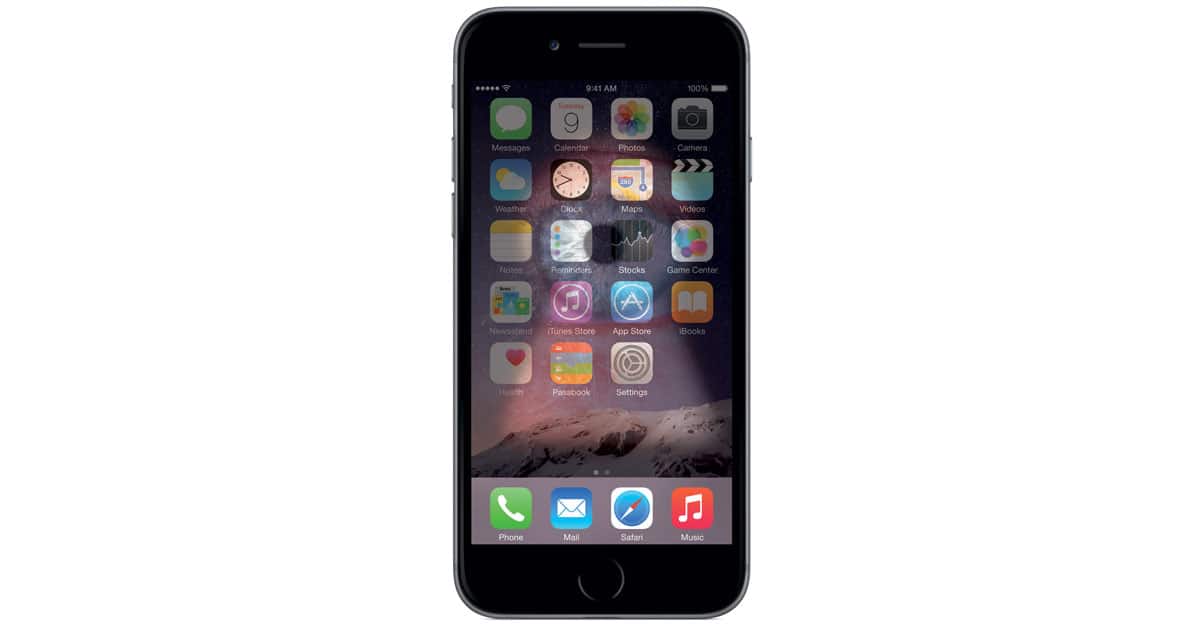The U.S. Supreme Court (SCOTUS) gave privacy a bit of a lifeline on Friday by ruling that a warrant is required to get cell phone tower location data from carriers. The 5-4 ruling was in a case called Carpenter v. United States, and it’s sure to have sweeping repercussions for decades to come.

The ruling was a somewhat unusual coalition of Justices, with conservative Chief Justice John Roberts being joined by the liberal wing of the court, Justices Ruth Bader Ginsburg, Stephen G. Breyer, Sonia Sotomayor, and Elena Kagan. The remaining four Justices each wrote separate dissenting opinions.
The Majority Opinion
The ruling was authored by Chief Justice Roberts and signed onto in full (i.e. without caveats) by the other four. That ruling said, in part, “We decline to grant the state unrestricted access to a wireless carrier’s database of physical location information.”
It went on to say that cell tower location data, “achieves near perfect surveillance, as if it had attached an ankle monitor to the phone’s user,” and that, “We hold only that a warrant is required in the rare case where the suspect has a legitimate privacy interest in records held by a third party.”
Exceptions were caved out for pursuing fleeing suspects, bomb threats, child abductions, and other more significant emergencies.
What It Doesn’t Mean
This ruling simply requires the government to get a warrant before accessing your data, preventing the sort of sweep-everything-up-and-look-for-wrongdoing method of law enforcement. It will still allow law enforcement to access your cell phone tower location data, but only after applying to a judge for a warrant first.